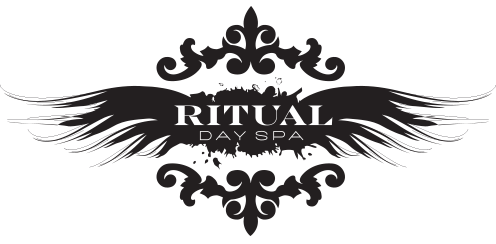Zap Zits with These Tips
June is Acne Awareness month. Which makes it a great time to talk about what causes acne. The short answer is: genetics and hormones. Clearly these two factors are pretty hard to control, but you can minimize the triggers that make acne worse. Like foods that cause hormone fluctuations such as sugar, dairy, gluten, and shellfish, inappropriate products that strip your skin’s barrier, or thick make up that clogs pores. Or even stress, which raises your cortisol levels and causes the skin to overproduce oil.
Acne may not curable, but it is treatable. So what can you do to minimize the destruction?
1. Keep a log. Whenever you break out, try to determine if there is any common denominator. Like if you break out right before your period, then maybe using a mask or getting a facial the week prior can reduce the severity. Or if you always break out when you drink beer, maybe gluten is not your friend. Or if stress is the culprit, pair a clay mask with a glass of wine when life gets crazy.
2. Exfoliate. You really need to exfoliate twice a week to remove dead skin cells and clear the path for your pores.
3. Treat. Minimize breakouts by using products that balance oil production and fight bacteria, like Benzoyl Peroxide, Salicylic Acid, Niacinamide, and Sulfer.
4. Clean. Wash your pillowcases, make up brushes, and towels more often. And always wash your face before bed, even if you don’t wear make up. Follow cleansing with a moisturizer so you don’t overproduce oil while you sleep.
